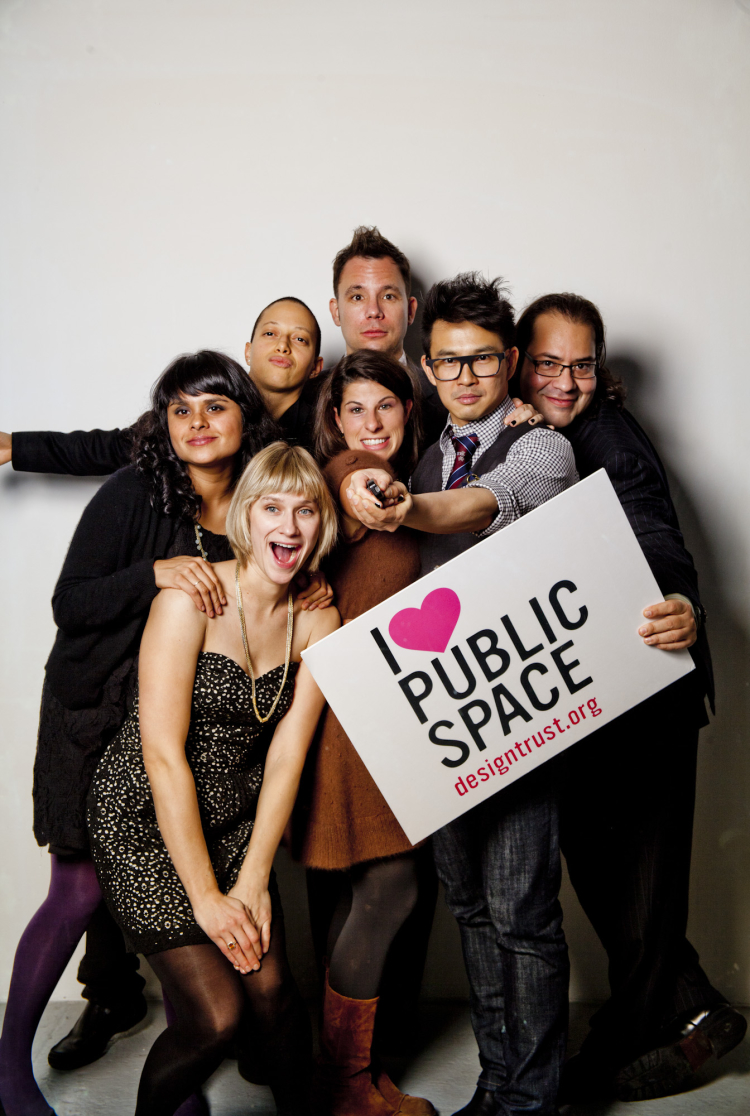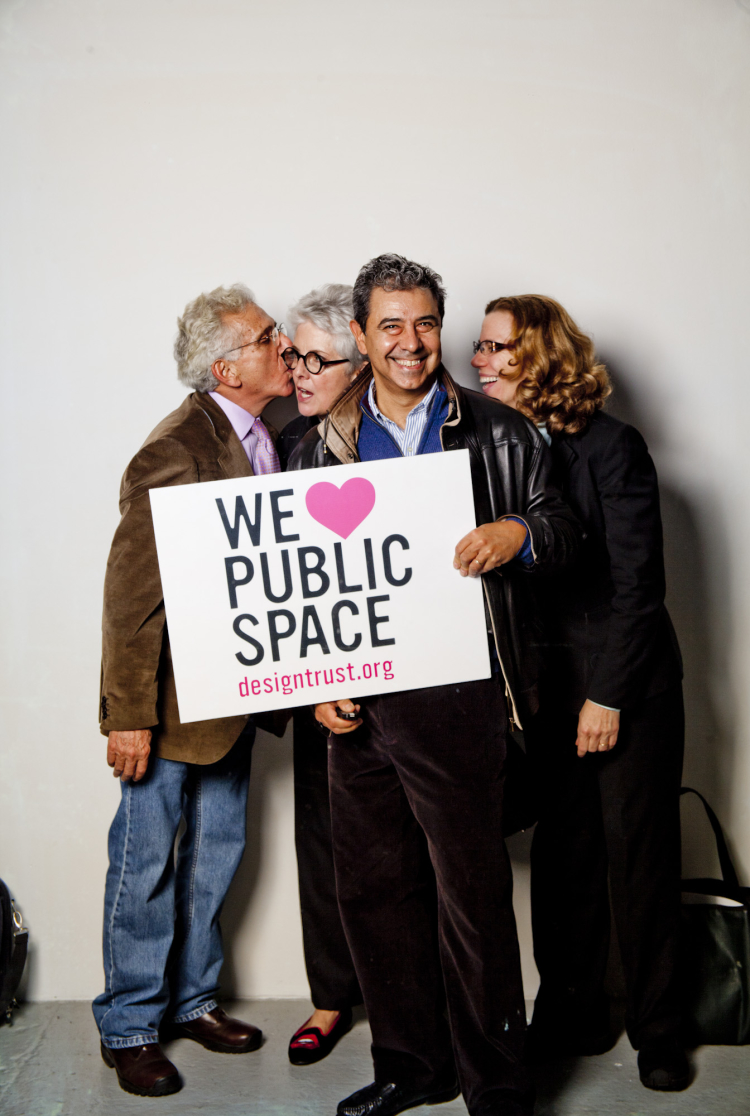Mathematical models show that natural selection, on its own, opposes cooperation. Non-cooperators will do better than cooperators and wipe them out. So natural selection needs help to favor cooperation—mechanisms that make sure we get more from cooperating than being selfish. There are five of these mechanisms. Direct reciprocity is based on repeated encounters between the same two individuals: I help you and you help me. Indirect reciprocity is based on reputation: I help you and somebody else helps me. Spatial selection means that clusters of cooperators can prevail: Neighbors help each other. Group selection occurs if there is competition between groups: The members of a group help each other. Kin selection is based on interactions between close genetic relatives: Brothers help each other, for example.







